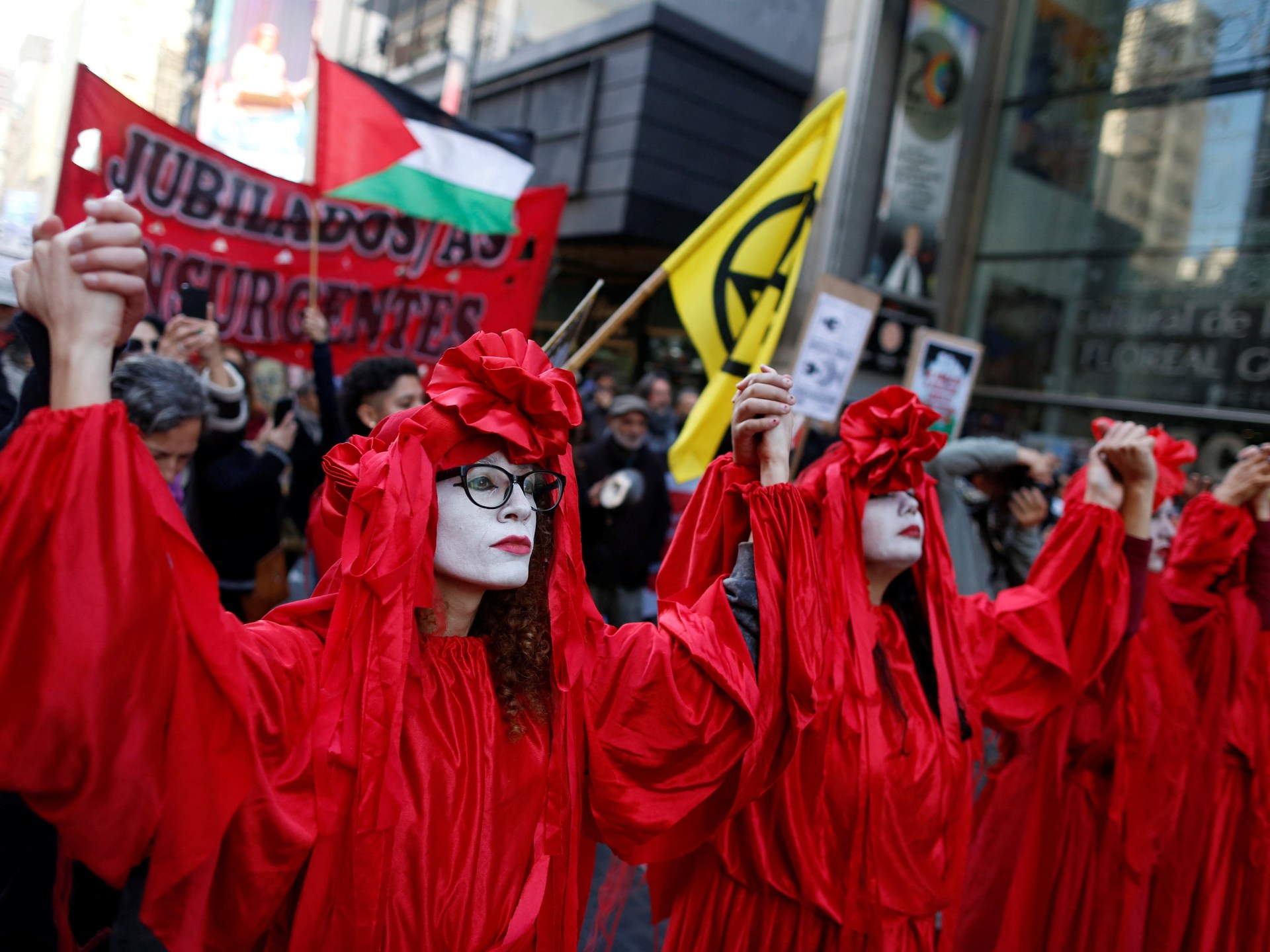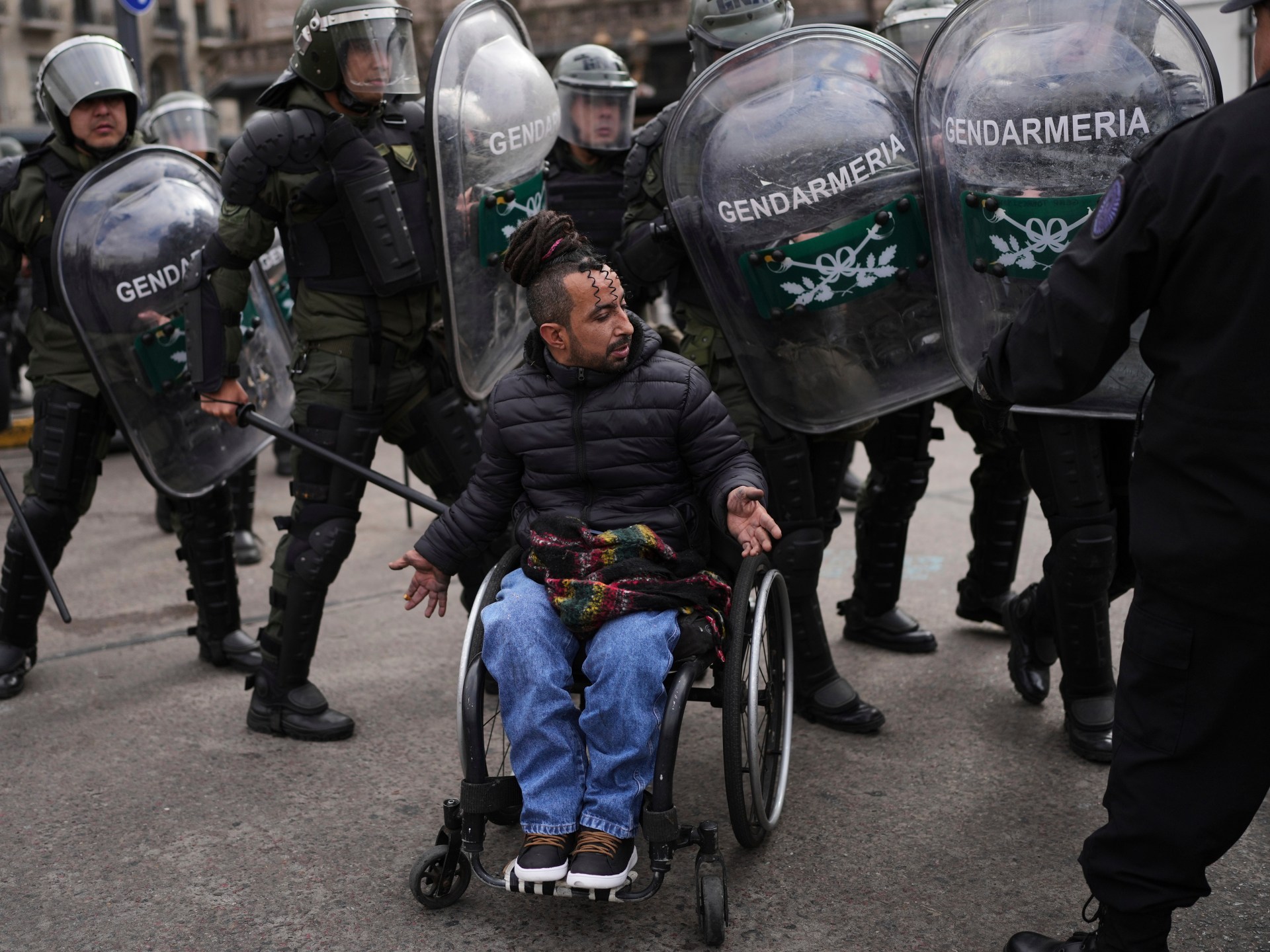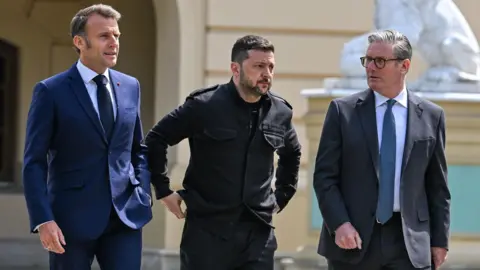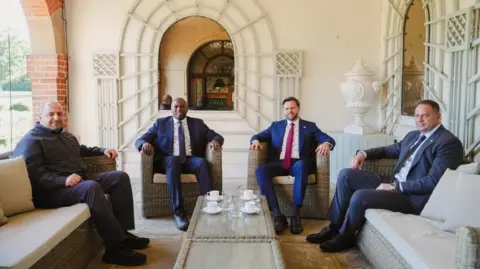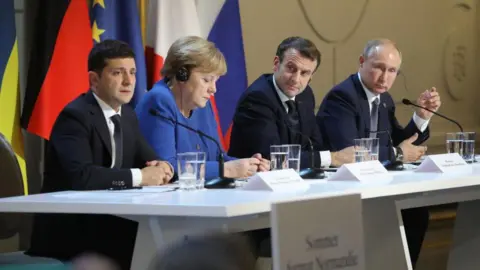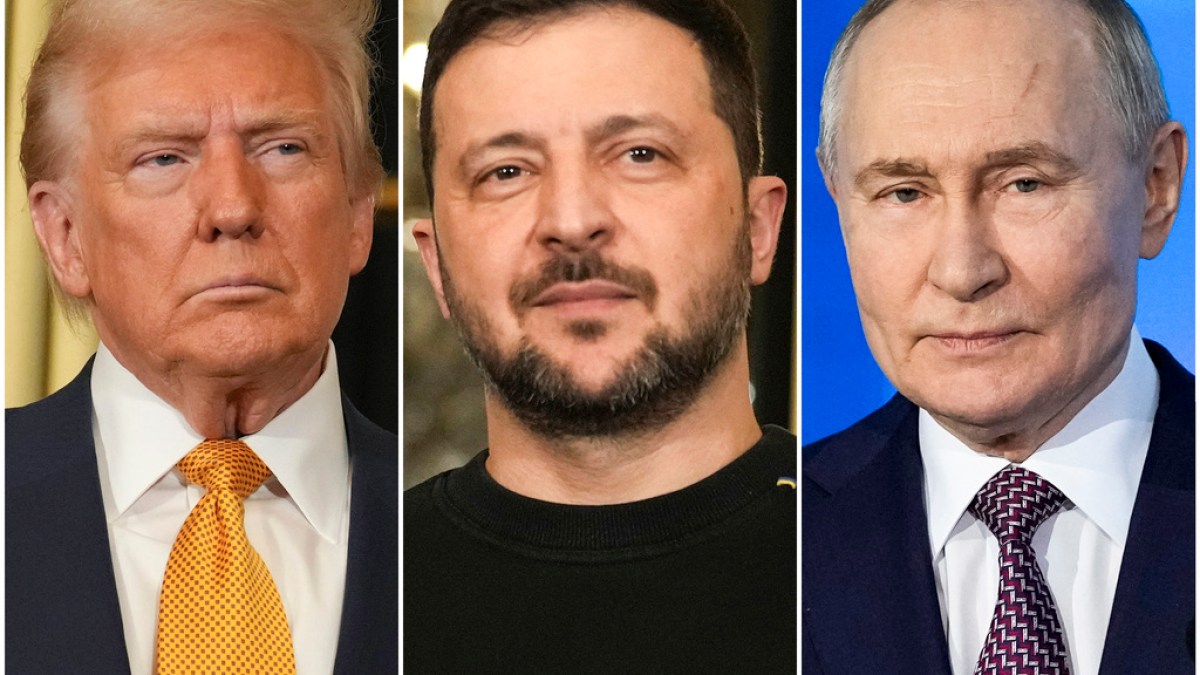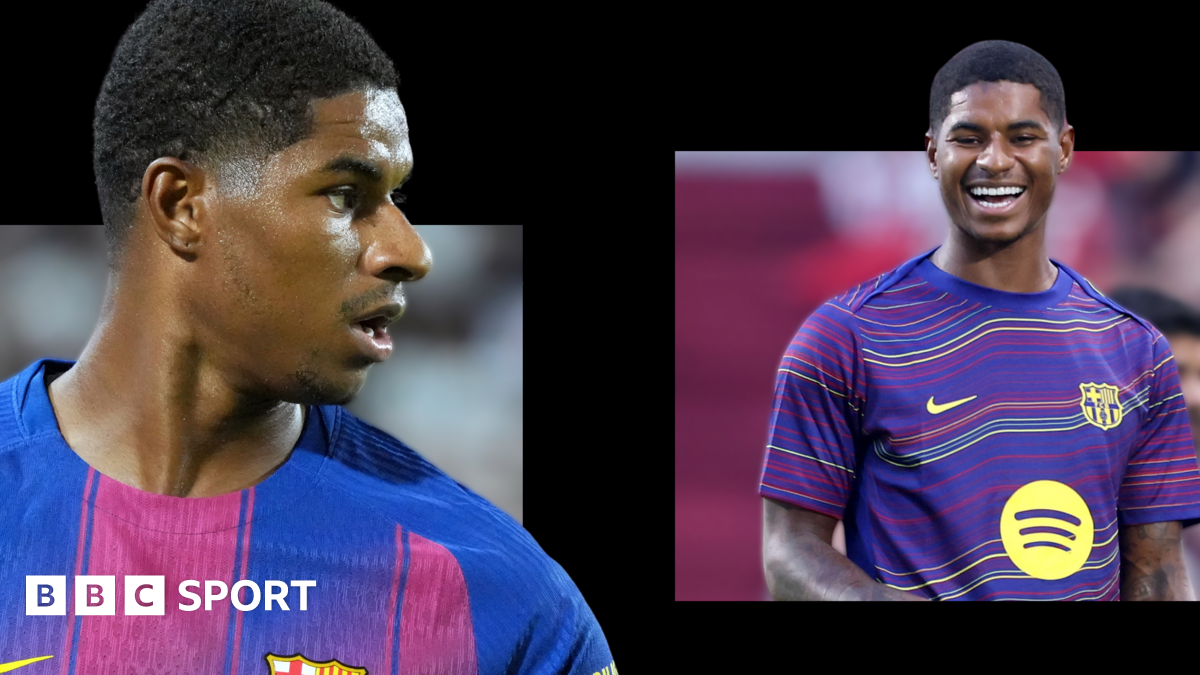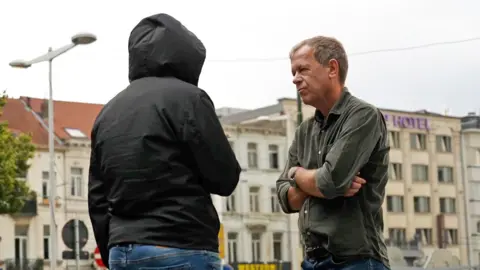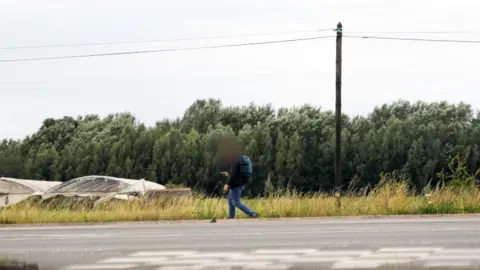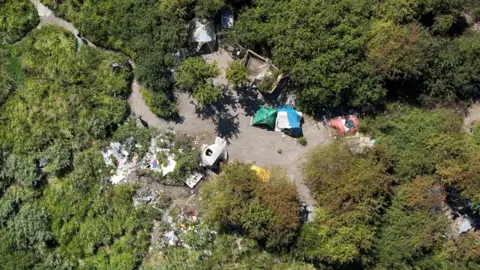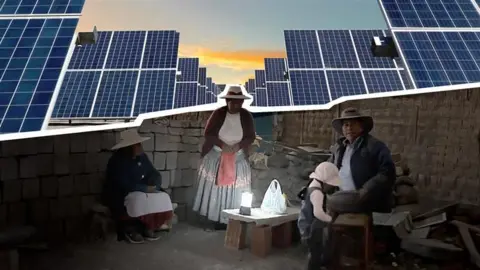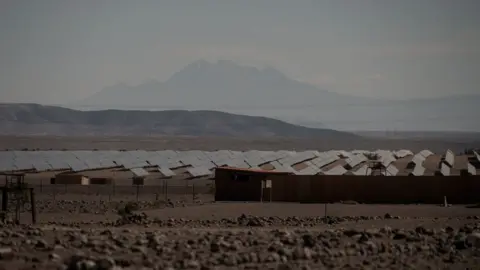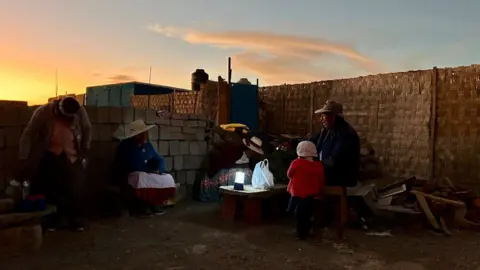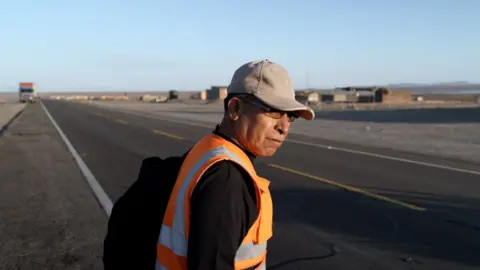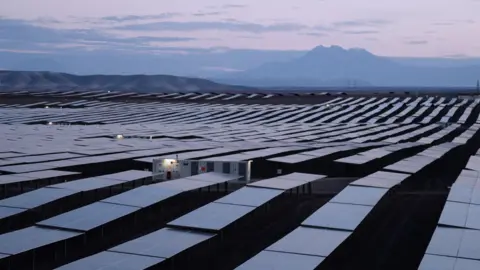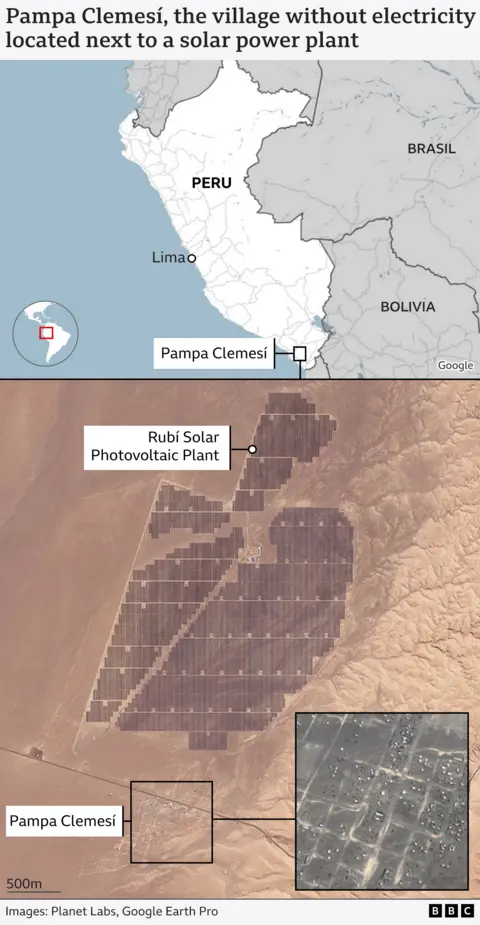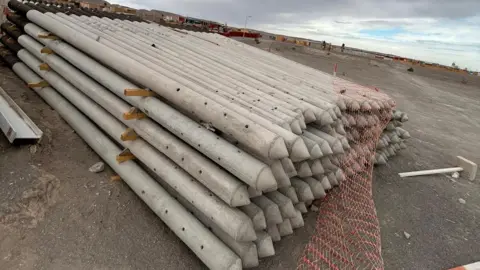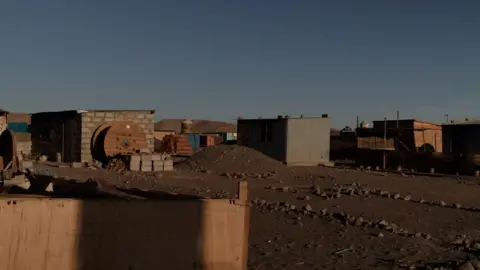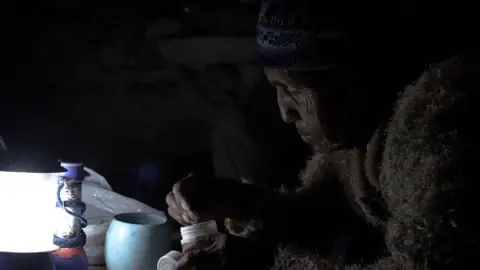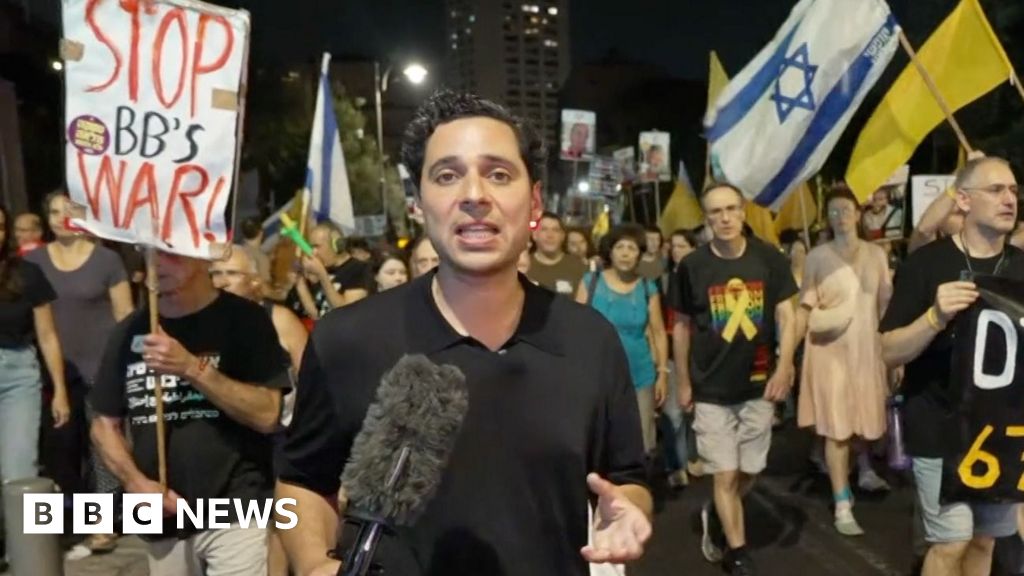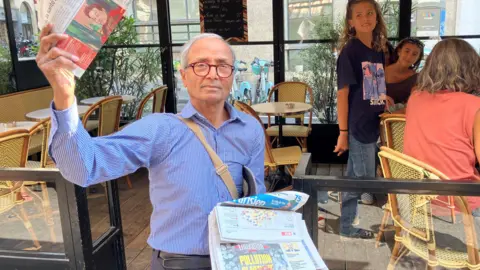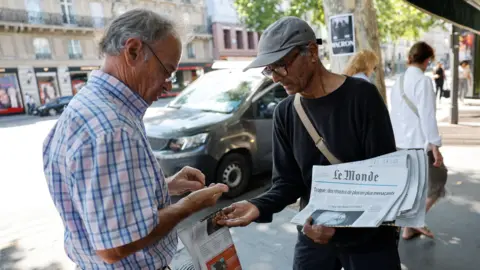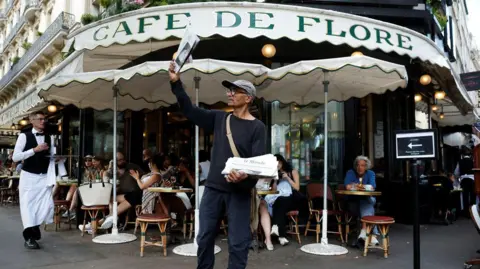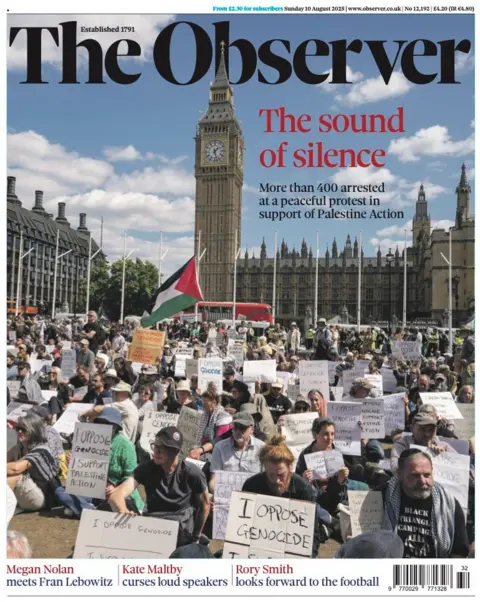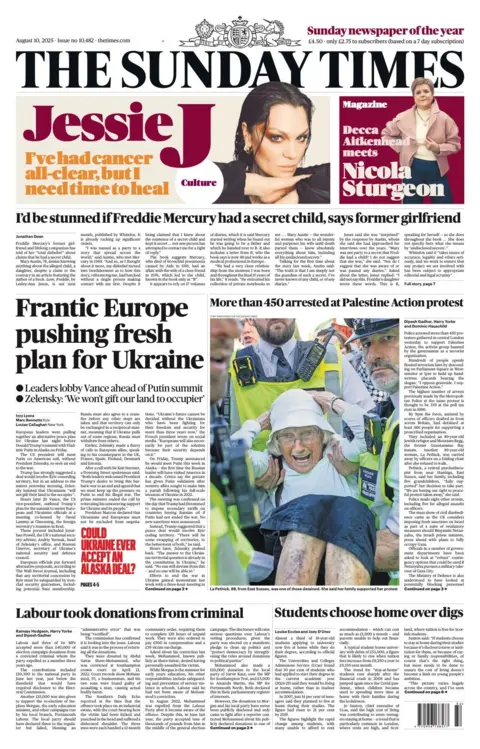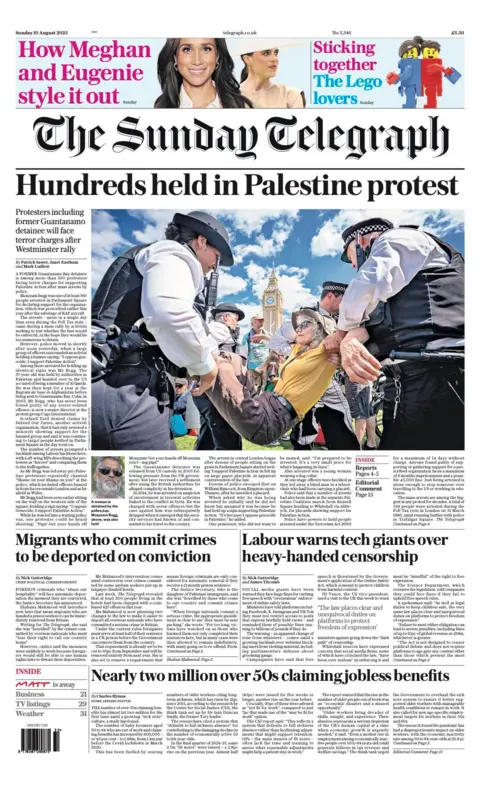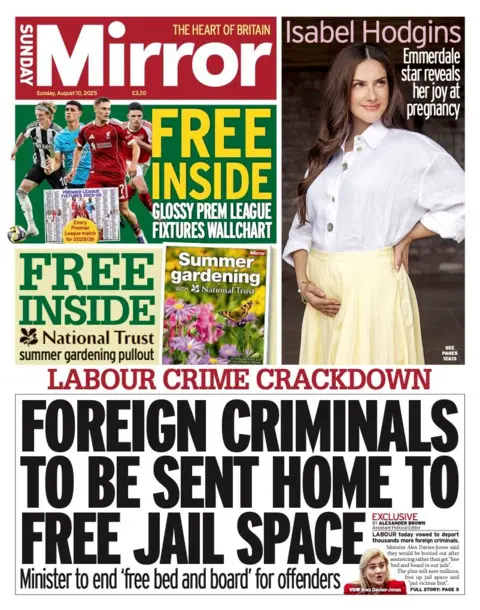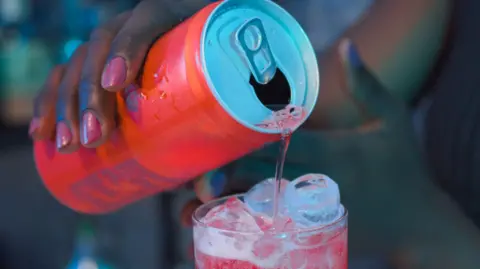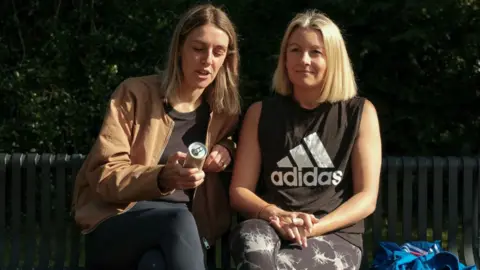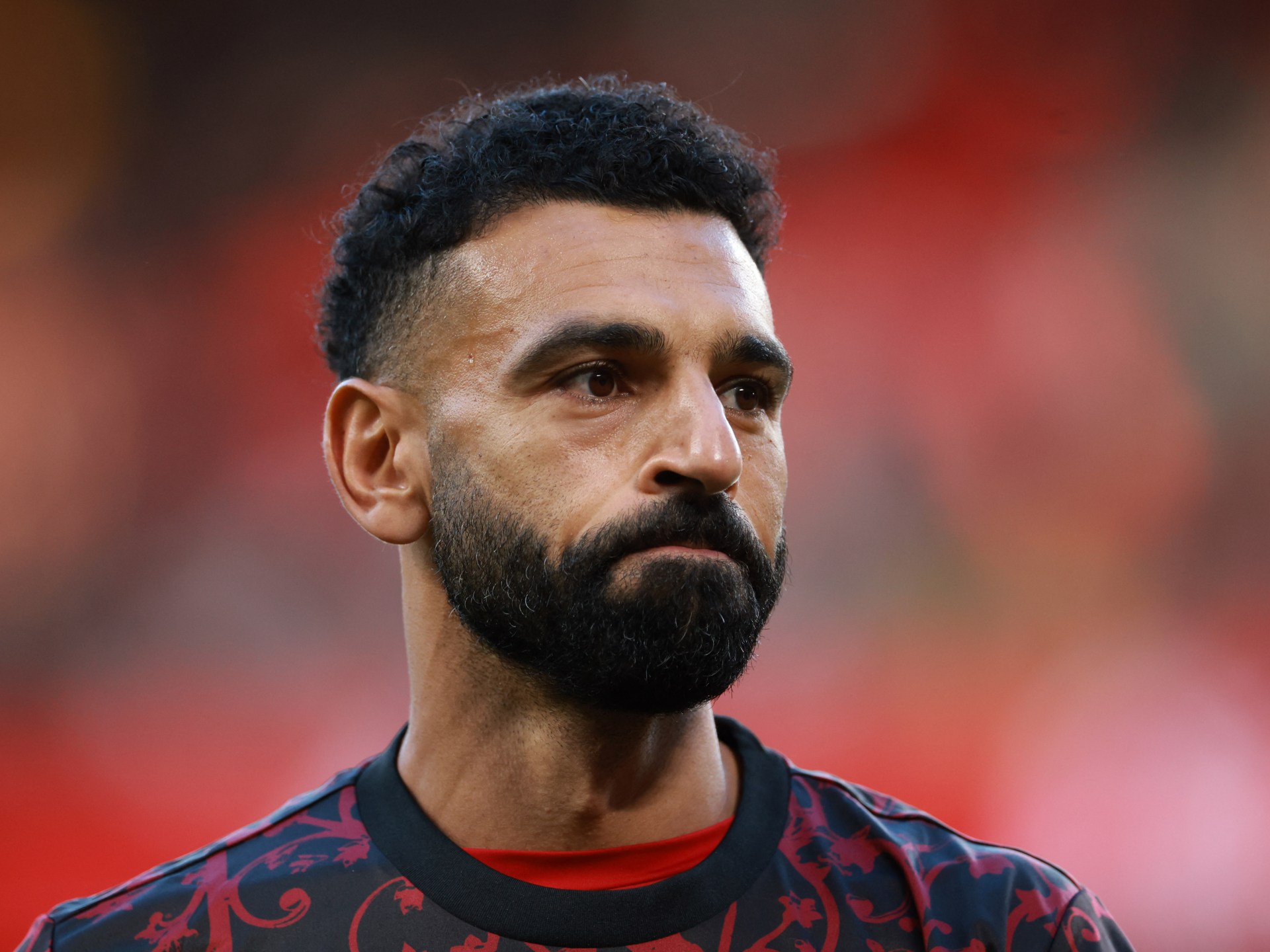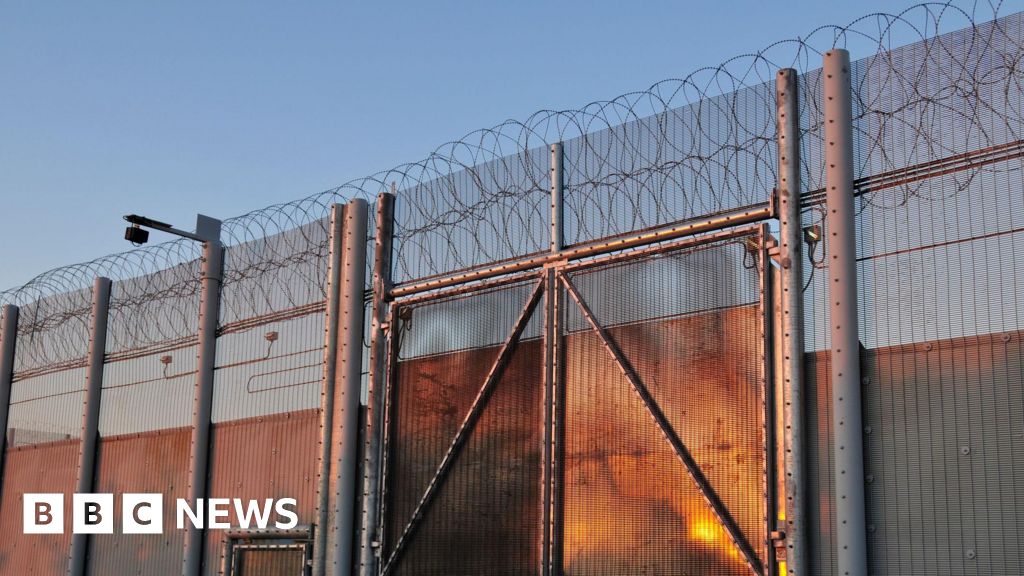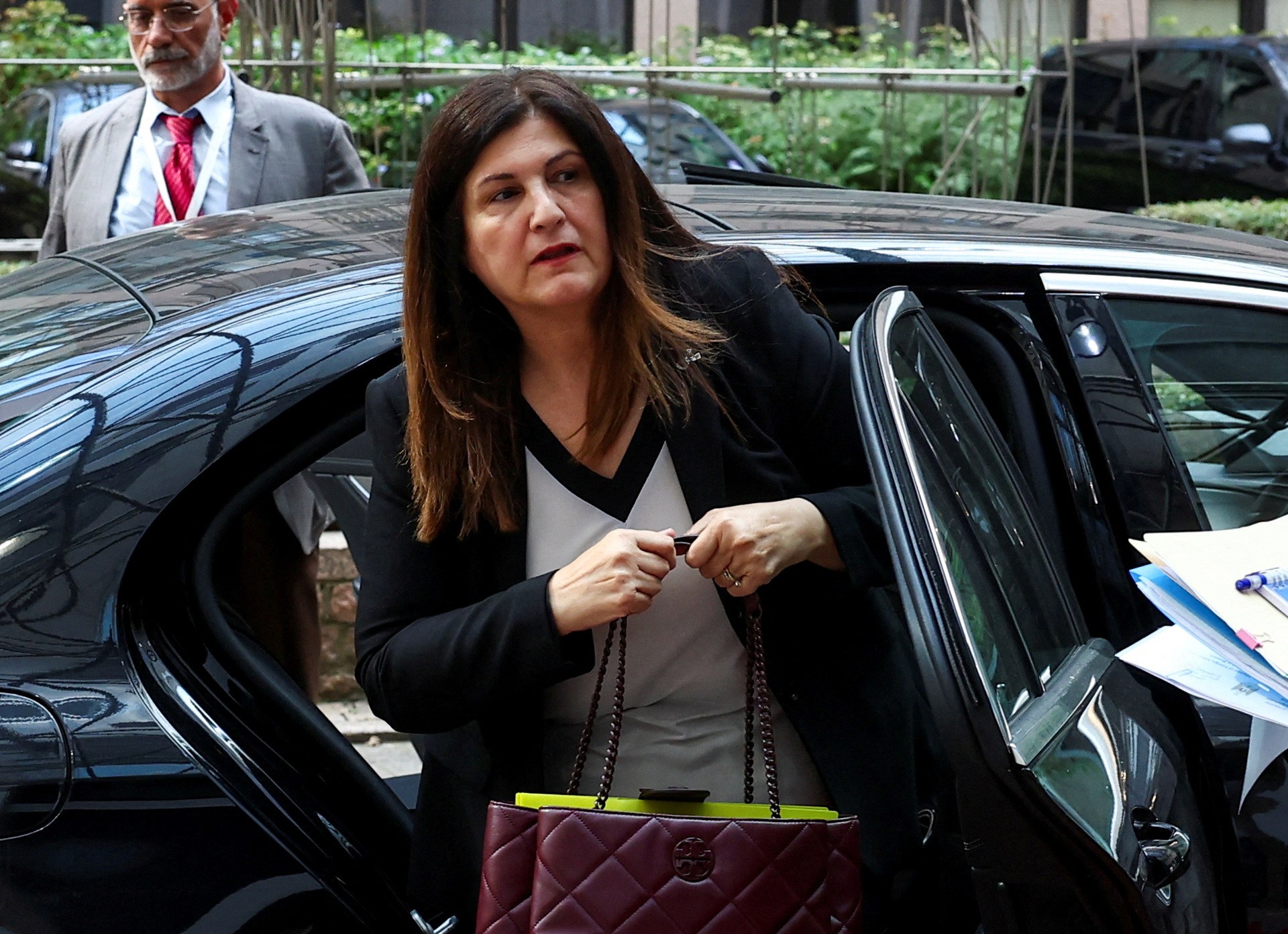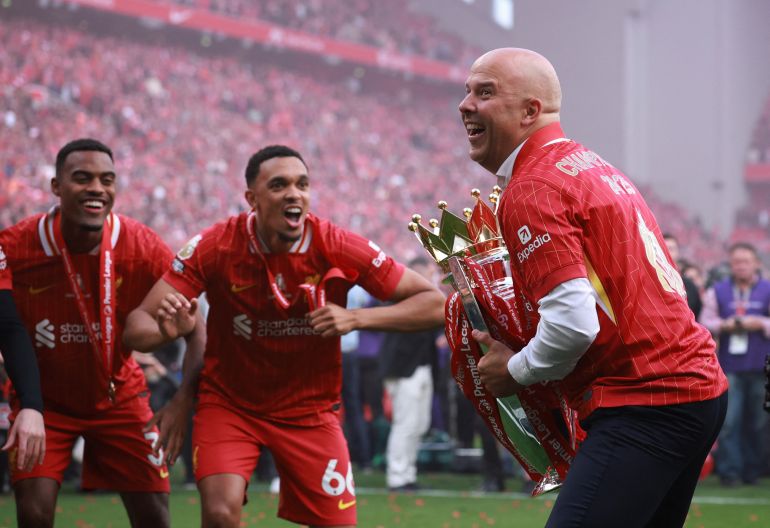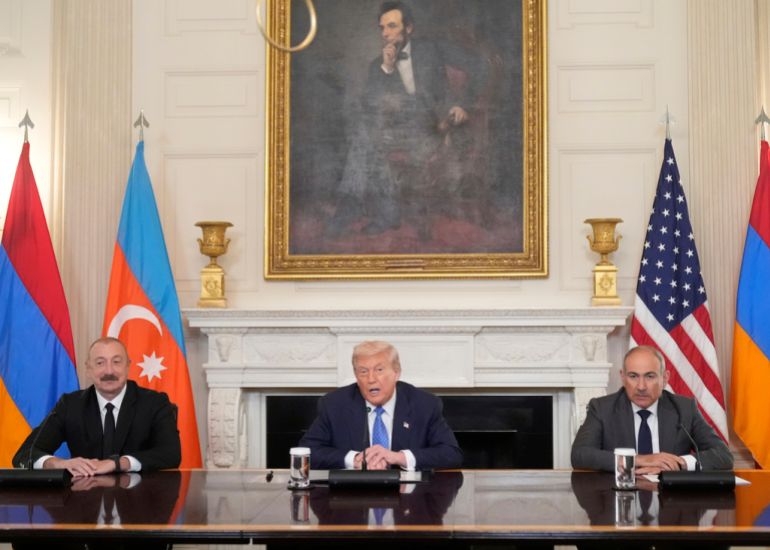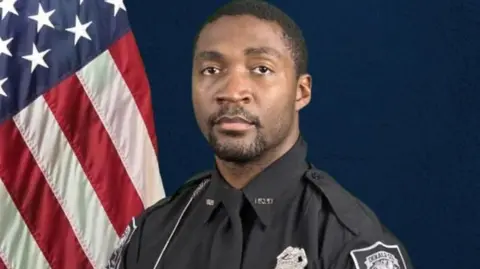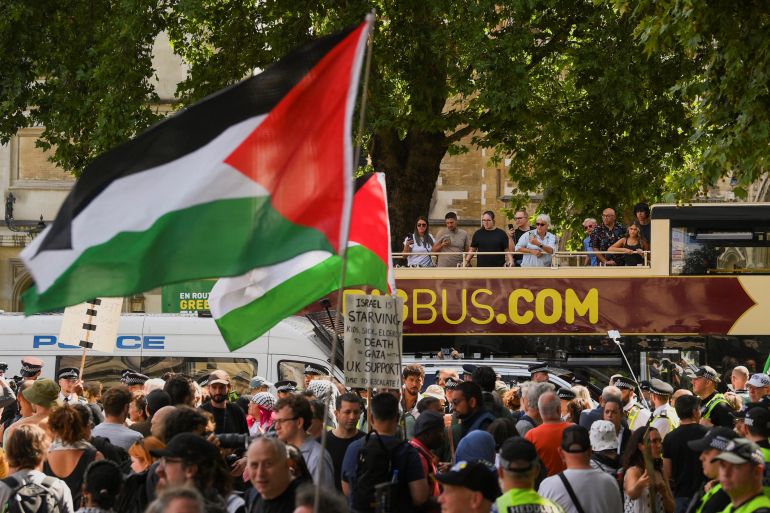Israel protesters intensify pressure against plan to expand Gaza war
Thousands of protesters have taken to the streets across Israel to oppose the government’s plan to expand its military operation in Gaza.
On Friday, Israel’s security cabinet approved five principles to end the war that included ‘taking security control’ over the Gaza Strip, with the Israeli military saying it would “prepare for taking control” of Gaza City.
Protesters, including family members of 50 hostages in Gaza, 20 of whom are still thought to be alive, fear the plan puts the lives of hostages at risk, and urged the government to secure their release.
Israeli leaders have rejected criticism of their plan, with Prime Minister Benjamin Netanyahu saying “this will help free our hostages”.
A group representing families of the hostages said on X: “Expanding the fighting endangers the hostages and the soldiers – the people of Israel are not willing to risk them!”
One protester Shakha, rallying in Jerusalem on Saturday, told the BBC: “We want the war to end because our hostages are dying there, and we need them all to be home now.”
“Whatever it takes to do, we need to do it. And if it needs to stop the war, we’ll stop the war.”
Among the protesters in Jerusalem was a former soldier who told the BBC he is now refusing to serve. Max Kresch said he was a combat soldier at the beginning of the war and “has since refused.”
“We’re over 350 soldiers who served during the war and we’re refusing to continue to serve in Netanyahu’s political war that endangers the hostages (and) starving innocent Palestinians in Gaza,” he said.
The Times of Israel reported that family members of hostages and soldiers at a protest in Tel Aviv near the Israel Defense Forces (IDF) headquarters called on other soldiers to refuse to serve in the expanded military operation to protect hostages.
The mother of one of the hostages has called for a general strike in Israel, and the main opposition leader, Yair Lapid, said it would be a “justified and worthy” response.
However, the country’s main labour union will not back a strike, according to the Times of Israel.
Prime Minister Benjamin Netanyahu has also faced strong opposition from the army’s Chief of Staff, Lt Gen Eyal Zamir who, according to Israeli media, had warned the prime minister that a full occupation of Gaza was “tantamount to walking into a trap” and would endanger the living hostages.
Polls suggest most of the Israeli public favour a deal with Hamas for the release of the hostages and the end of the war.
 EPA
EPANetanyahu had told Fox News earlier this week that Israel planned to occupy of the entire Gaza Strip and eventually “hand it over to Arab forces”.
“We are not going to occupy Gaza – we are going to free Gaza from Hamas,” Netanyahu said on X on Friday. “This will help free our hostages and ensure Gaza does not pose a threat to Israel in the future.”
The Israeli security cabinet’s plan lists five “principles” for ending the war: disarming Hamas, returning all hostages, demilitarising the Gaza Strip, taking security control of the territory, and establishing “an alternative civil administration that is neither Hamas nor the Palestinian Authority”.
A top UN official earlier this week warned that a complete military takeover of Gaza City would risk “catastrophic consequences” for Palestinians civilians and hostages.
Up to one million Palestinians live in Gaza City in the north of the Gaza Strip, which was the enclave’s most populous city before the war.
The UK, France, Canada and several other countries have condemned Israel’s decision and Germany announced that it would halt its military exports to Israel in response.
The United Nations Security Council will meet on Sunday to discuss Israel’s plan.

International leaders and UN agencies have also called on Israel, which controls the entry of all goods into Gaza, to allow more humanitarian aid and food into the territory amid a growing number of reported deaths due to hunger.
Five people, including two children, died in Gaza during the past 24 hours due to malnutrition, the Hamas-run health ministry said on Sunday.
The total number of malnutrition-related deaths in Gaza is now 217, including 100 children, the health ministry added.
Israel has blamed Hamas and denied starvation in Gaza. However, UN-backed food security experts assessed in July that “the worst case scenario of famine is already playing out”.
The BBC and other news organisations are not allowed by Israel to report independently from Gaza.
At least 59 people were killed and 363 injured in the past 24 hours as a result of Israel’s military operation, the health ministry said, with 35 people killed while trying to get aid.
Israel began its military offensive in Gaza after the Hamas-led attacks on Israel on 7 October 2023, in which about 1,200 people were killed and 251 others were taken hostage.
Since then, 61,430 people have been killed in Gaza as a result of Israeli military operations, the health ministry says.


